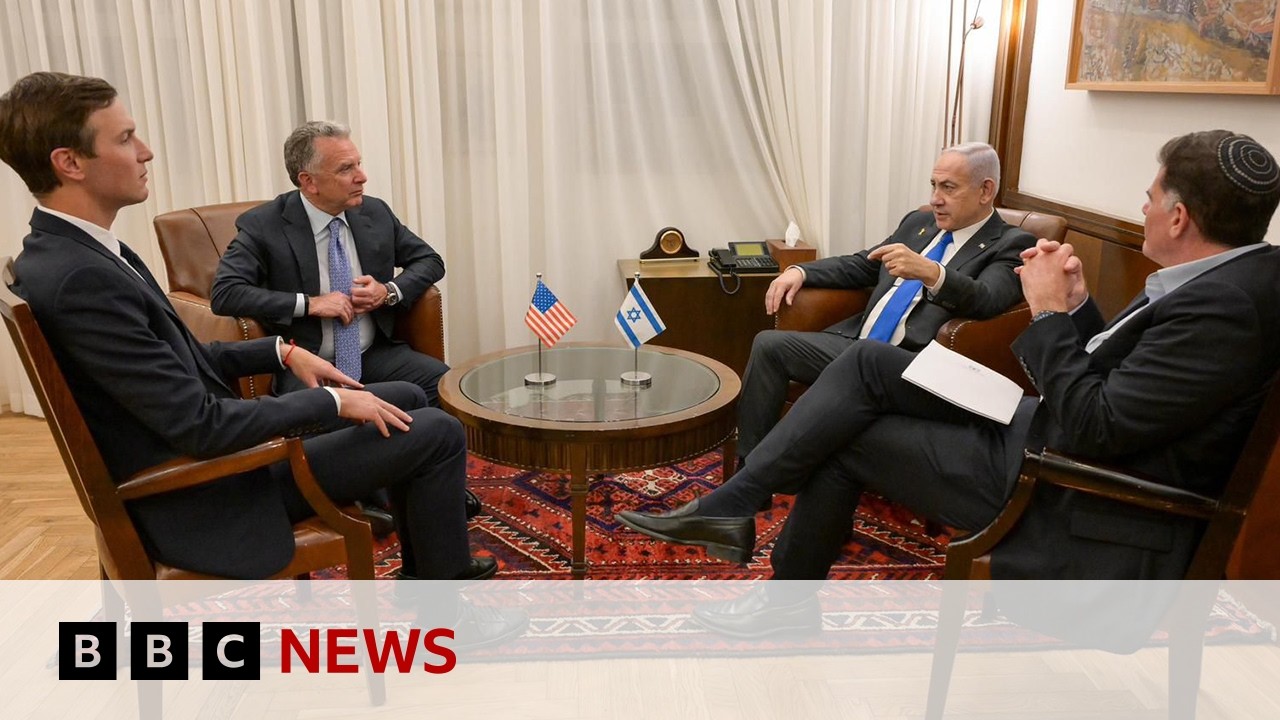Israel has officially approved former U.S. President Donald Trump’s proposed plan for a ceasefire in Gaza and the release of hostages held by militant groups. This development marks a significant step toward de-escalating the ongoing conflict between Israel and Hamas, which has resulted in numerous casualties and widespread destruction.
Trump’s plan focuses on a mutual ceasefire agreement, intending to halt the violence that has plagued the region for months. Central to the proposal is the safe release of hostages who have been captured by Hamas during recent hostilities. The plan outlines a framework for negotiations that would involve both parties, with international mediators facilitating the dialogue to ensure compliance and monitor the ceasefire’s implementation.
Israel’s approval signals a willingness to engage in diplomatic efforts to restore peace and address humanitarian concerns in Gaza. Israeli officials have noted that while security remains a top priority, the prolonged conflict has also taken a toll on civilian populations on both sides, necessitating urgent action to prevent further suffering.
The ceasefire plan also calls for the easing of restrictions in Gaza, allowing for vital humanitarian aid to reach civilians affected by the conflict. Additionally, it seeks to create mechanisms for accountability to prevent future escalations and foster long-term stability in the region.
While some Israeli political groups have expressed skepticism about the feasibility of the plan and the reliability of Hamas to honor such an agreement, the general consensus is that exploring diplomatic avenues is essential given the current humanitarian crisis.
International reactions have been cautiously optimistic, with several countries and organizations calling for immediate implementation and continuous dialogue to secure lasting peace. The approval of Trump’s plan by Israel may open pathways for renewed negotiations and a possible end to one of the most enduring and complex conflicts in the Middle East.

